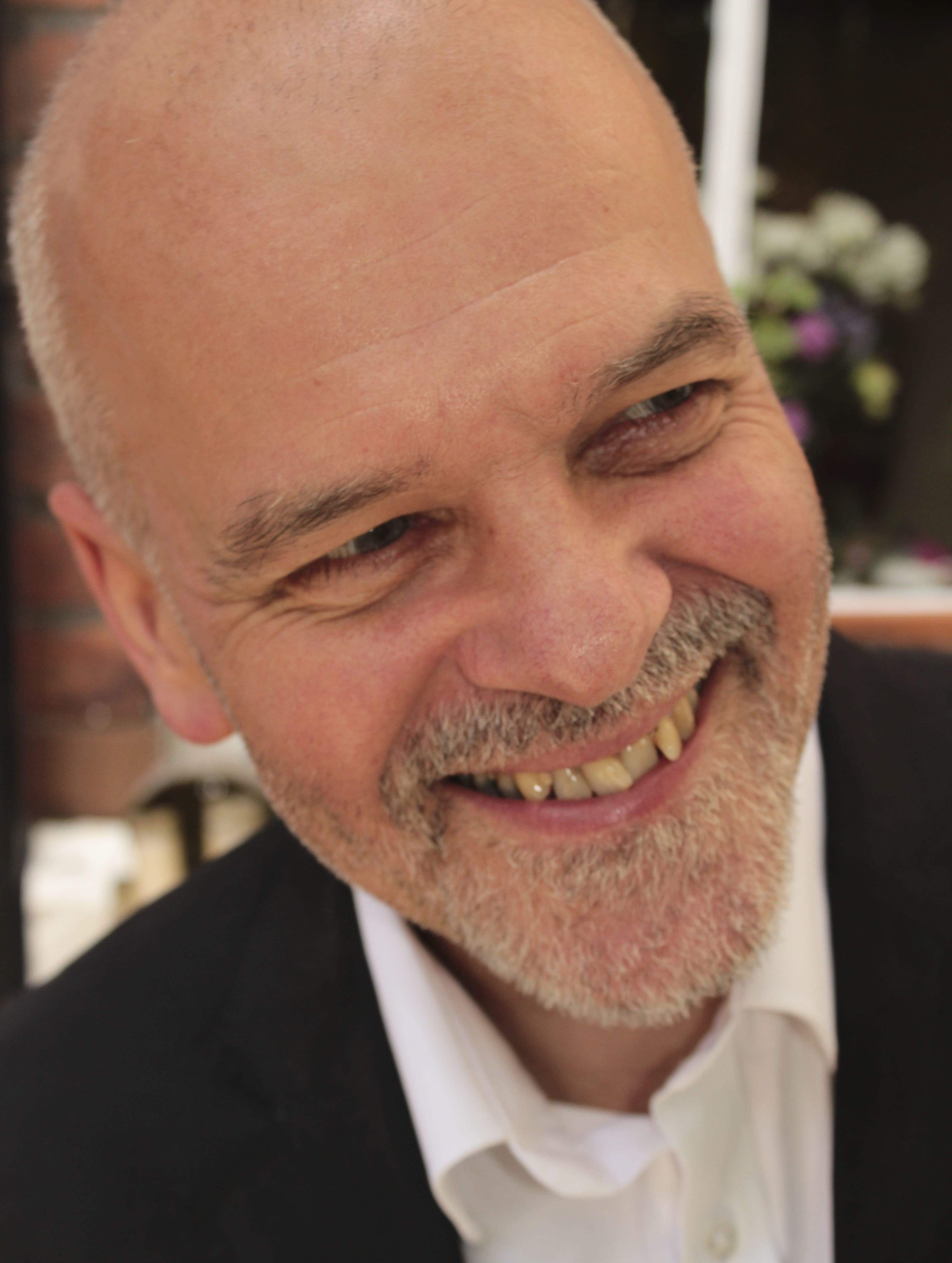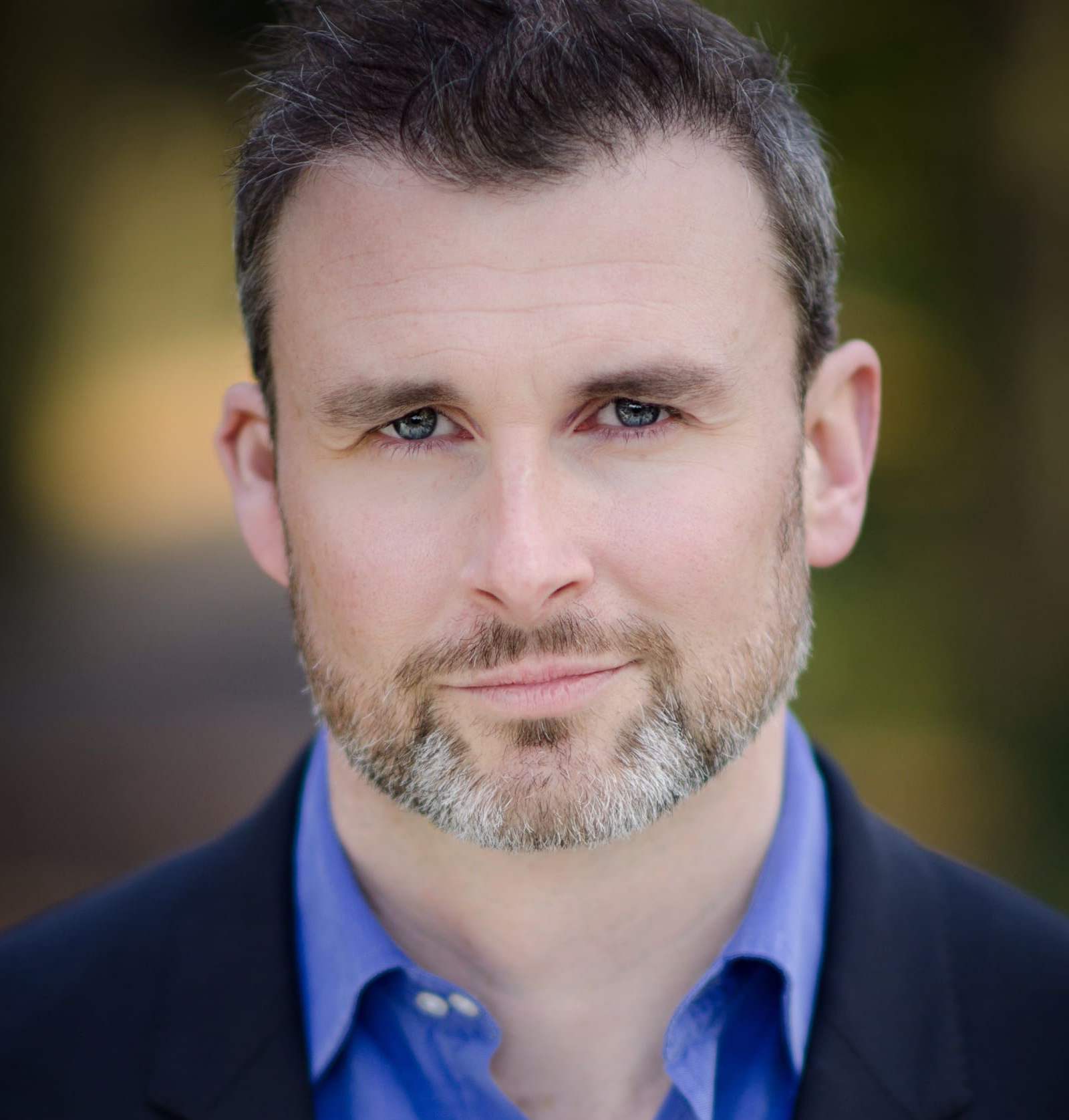 Borodin Borodin |
Sunday November 17th, 2019 at 7:00 pm |  Orff Orff |
| Royal Northern College of Music, 124 Oxford Road, Manchester. M13 9RD | ||
| (map) |
| An American in Paris – Gershwin |
| An American in Paris is a jazz-influenced orchestral piece by American composer George Gershwin written in 1928. It was inspired by the time that Gershwin had spent in Paris and evokes the sights and energy of the French capital in the 1920s.Gershwin composed An American in Paris on commission from conductor Walter Damrosch. Gershwin began the work in the summer of 1924. He scored the piece for the standard instruments of the symphony orchestra, saxophones, and automobile horns. He brought back some Parisian taxi horns for the New York premiere of the composition, which took place on December 13, 1928.An American in Paris offers a kaleidoscope of musical impressions, opening with a light-hearted strolling melody soon interrupted by the honking of taxi horns. A busy street scene ensues, brassy interludes alternating with bubbly clarinets. Melancholy bluesy melodies, sometimes for woodwinds, sometimes for strings, most prominently for muted trumpet, occupy the central pages.
In 1951, it was given cinematic interpretation in the classic Gene Kelly film of the same name. |
| Polovtsian Dances – Borodin |
| The Polovtsian Dances form an exotic scene at the end of act 2 in Borodin’s opera Prince Igor. The opera is based on a 12th-century epic poem, The Tale of Igor’s Campaign, which tells the story of the heroic antics of a 12th-century Russian prince and his campaigns against invading nomadic tribes. Borodin initially started work on the opera in 1869 but only worked on it intermittently until his death in 1887 when the work was still unfinished. Rimsky-Korsakov and Stasov went to the composer’s home, collected his scores, and took them back to Rimsky-Korsakov’s. He completed the opera aided by the brilliant 23-year old Glazunov. The world premiere was finally given in St. Petersburg in November 1890 at the Mariinsky Theatre.Themes from the Polovtsian Dances have been used widely in popular culture. The 1953 musical Kismet is mostly adapted from Borodin’s music, including these dances. For instance, the “Gliding Dance of the Maidens” from Polovtsian Dances is adapted to Stranger in Paradise (song), which has been performed and referenced extensively (see the corresponding article). Themes have been adapted into various genres of popular music and performed by many singers and groups. |
| Carmina Burana – Orff |
| This striking secular cantata composed by the controversial German, Carl Orff, is one of the best-known of all 20th Century choral works. Carmina Burana was composed between 1935 and 1936 by Carl Orff, based on 24 poems selected from the medieval collection Carmina Burana. The collection of 254 poems and dramatic texts were discovered in 1803 at the Monastery of Benediktbeuern near Munich. They were written in a mix of Medieval Latin, a few in Middle High German, and old Arpitan during the 11th, 12th and 13th centuries by the Goliards, a band of poet-musicians comprising of scholars and clerical students. The poems and dramatic texts celebrated with earthy humour the joys of the tavern, nature, love and lust.Orff grouped the 24 selected poems into thematic categories. The piece opens with Fortuna, Imperatrix Mundi, (Fortune, Empress of the World), which introduces images of the capriciousness of fate and the Wheel of Fortune. The next section, Primo vere (Springtime), contains poems dealing with the arrival of spring, when men’s (and women’s) fancies turn toward romance. A subsection, Uf dem anger (On the lawn) is a series of dances. The next section, In taberna, (In the tavern), contains the most ribald poetry, and includes the famous song of the roasted signet and one of the great drinking songs of all time. The final section, Cours d’amour, (The Court of Love), represents a long and sometimes circuitous journey toward amorous bliss. It concludes with a reprise of the opening O Fortuna chorus, as the Wheel of Fortune continues to turn full circle. |
| Concert Report |
| This concert was a great success. As well as some excellent performances, the balance and variety of music was also widely praised. Click here to view the concert programme which contains lots of information about the choir, the composer, the work and the soloists.Tim Mottershead has kindly provided the following review which appeared in the Saddleworth Independent:
MUSIC from across the world resounded under one roof at Oldham Choral Society’s concert at the RNCM in Manchester.The society was accompanied by the East Lancs Sinfonia conducted by Nigel P. Wilkinson, who began with Gershwin’s ‘An American in Paris’.The opening conjured up a musical image of an American sightseer dodging the Parisian traffic, replete with car horns.
Gene Kelly’s film of the same name, which concludes with a ballet of the piece, gave added point to its inclusion in a programme entitled ‘The Spirit of the Dance’. The orchestra featured a smaller than usual string section, but together with an intimate concert venue made the clarity of Gershwin’s orchestration all the more telling. The performance featured some charming solos, especially from the strings. Next came the opportunity to hear the 80-strong choir, whose first item was Borodin’s ‘Polovtsian Dances’ from his opera ‘Prince Igor’. For those who only know this work because of the popular song ‘Stranger in Paradise’, its inclusion was no doubt a pleasant and surprising choice. This item occurs in the opening movement and featured the female singers in impressive voice. A purely orchestral dance followed, succeeded by a full chorus where an upwardly stepping motif is counterbalanced by swiftly descending melody: music immediately suggestive of balletic leaps, and this exciting rendition certainly fired one’s imagination. Material from the opening recurs for combined chorus, prior to a rousing conclusion. The main event was, however, Carl Orff’s evergreen ‘Carmina Burana’. The work opens with the famous ‘O Fortuna’, whose sense of foreboding mystery and latent drama has featured in numerous TV and film settings. Its telling and sudden change from quiet to loud rarely fails to surprise. Although an hour in performance, perhaps the work’s success is the fact it consists of 25 short movements and while some prove more memorable than others, all are enlivened by inventive orchestration, for example, extensive use of percussion expanded the range of sonorities. Also, the brevity and sheer number of movements, bringing changes of tempo and style, including several dances for orchestra alone, all add variety which ensures the audience is constantly engaged. |
| The choir were joined by a first-class team of professional soloists. |
 |
Soprano – Having already gained wide acclaim for her performances on the operatic stage as well as the concert platform, Welsh soprano Fflur Wyn is quickly establishing herself as one of the country’s foremost young singers. Read more….. |
 |
Tenor – Nick Hardy works as a freelance opera chorister with Royal Opera Covent Garden, English National Opera, Welsh National Opera, Scottish Opera, Opera North, Wexford Festival Opera, and Buxton Festival Opera. Read more….. |
 |
Baritone – James Cleverton trained at the Royal Conservatoire of Scotland and the Zürich International Opera Studio. He has performed principal roles at the Royal Opera House Covent Garden, English National Opera, Read more….. |
|
Orchestra |
East Lancs Sinfonia |
| Nigel P Wilkinson | Conductor |
Tickets: adults £15, students £5 available from:
– Our ticket secretary on 0161 797 3583
– The RNCM Box Office 0161 907 5555 or online using their web site
– or via members of the choir